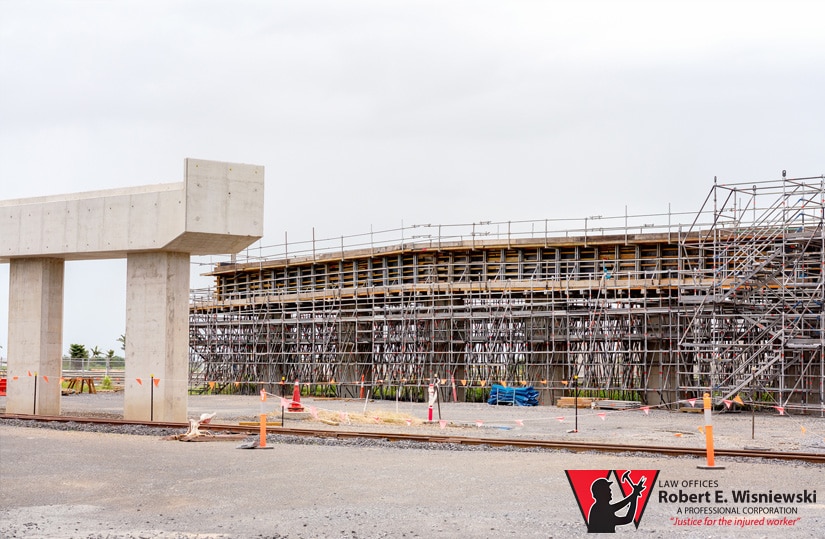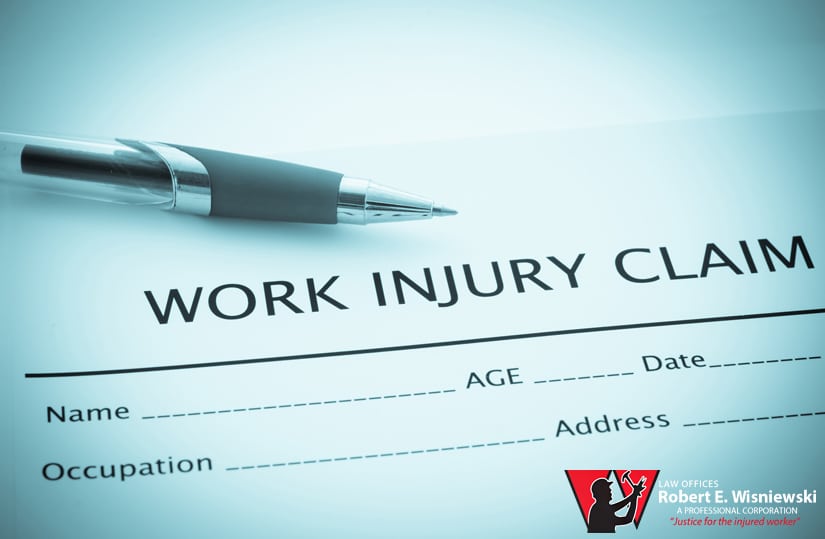Learn how to get maximum compensation after a brain bleed injury at work
Brain bleeds, another name for cerebral or brain hemorrhage, are serious life-threatening conditions. In fact, it’s reported that around one-third of patients with brain bleeds don’t survive longer than a month, and many who do survive suffer long-term disabilities.
The U.S. Centers for Disease Control and Prevention (CDC) reports that more than 64,000 traumatic brain injury (TBI) deaths occurred in 2020 alone.
What is a brain bleed?
Cerebral hemorrhage (brain bleed) occurs when a blood vessel in the brain bursts. Blood is released and pools in the brain between protective membranes (meninges) or in cavities within the brain tissues. The pooling of blood compresses the burst blood vessel as well as surrounding blood vessels.
Blood carries nutrients and oxygen to brain cells. When deprived, the brain cells die. That happens in a short time, and the cells cannot be rejuvenated.
Also, brain bleeds cause swelling of the brain, and there is not much room to accommodate such swelling. The swelling affects all parts of the brain, blood vessels and nerves alike.
Compression of brain nerves can impair the functions of muscles and organs in other parts of the body, causing paralysis.
Causes of a brain bleed
A brain bleed is frequently caused by severe blows to the head, often from vehicle accidents and certain workplace incidents.
Other causes of brain bleeds include:
- Aneurysms
- High blood pressure
- Brain tumors
Symptoms of a brain bleed
A brain bleed is a serious injury requiring a rapid medical response. An early diagnosis based on the patient’s signs and symptoms is essential for the implementation of life-saving measures.
Among the signs of a brain bleed are the following:
- Loss of consciousness
- Persistent severe headaches
- Unequal pupil sizes
- Nausea and vomiting
- Dizziness
- Seizures
Long-term effects of a brain bleed
Brain cell death is the primary damage from brain bleeds. Brain cell destruction usually has long-term effects, including cognitive and speech impairment and paralysis.
Those long-term conditions normally require expensive treatments that often last a lifetime. They include the following:
- Physical therapy
- Occupational therapy
- Speech therapy
- Accommodations to the home environment
- Significant lifestyle adjustments
Common workplace brain bleed accidents
Brain bleed injuries commonly occur in vehicle accidents, and workplace car accidents are no exception. Cars are not the only type of vehicle used at the workplace. Workers also operate heavy vehicles, including trucks, forklifts and other movable equipment, all of which can be hazardous.
Other causes of brain bleed injuries are:
- Workers falling from high places
- Falling raised warehouse loads, equipment or other debris that strike a worker’s head
- Slips, trips and falls
What happens to your brain in a car accident?
The brain’s physical reaction to the forces of a vehicle accident is a bit more complex than one might think. One aspect that makes vehicle accidents so dangerous is that brain bleeds can result without a severe blow to the head because of inertia.
When you’re in a car accident, your car’s inertia is suddenly stopped by whatever object you hit or that hits you. If you aren’t wearing a seat belt, the car stops, but you and your passengers will continue by the force of inertia through the windshield.
Your brain is like a passenger in your car. The force of inertia drives your brain forward until it’s violently stopped by the walls of your skull. There’s not much space to move, but the force of inertia is still as violent. The collision of your brain will most likely cause a brain bleed.
Arizona Work-Related Car Accidents: Who’s Responsible for Paying?
Learn how compensation works after an on-the-job accident while driving for work in Arizona. On-the-job car accidents trigger a different set of legal issues that injured workers must understand.
How can worker brain bleed accidents be avoided?
The federal Occupational Safety and Health Administration (OSHA) sets safety standards for the general industry category and specifically for the construction industry.
Employers must adopt and enforce safety measures aimed at preventing head trauma. For example, at construction sites, helmets must be required of all workers and visitors. Additionally, rules and hazard warnings must be prominently posted.
Arizona’s standards are enforced by the Division of Occupational Safety and Health pursuant to Arizona Statutes §23-401 et seq.
OSHA and Arizona both impose substantial penalties on employers who violate their safety standards.
Taking Precautions at a Construction Site
Do you follow all the top safety tips and guidelines when working at a construction site? Learn what precautions to take to avoid injury and stay safe around heavy machinery and building materials.
Arizona workers’ compensation system
Arizona’s statutes provide for a workers’ compensation system similar to those of other states. In the event of a qualified work injury to an eligible employee, workers will be entitled to the following benefits:
- Medical care. This includes payment of all necessary medical care, including emergency hospitalization and outpatient care, medical treatments and surgical procedures, drugs and rehabilitation services.
- Lost wages. These benefits provide injured workers with weekly payments for a portion of their lost wages during permanent or temporary disability (typically two-thirds of their average weekly wage).
- Death benefits. These benefits are available for an employee’s surviving relatives if they die from a work accident.
All Arizona employers with 1 or more full-time or part-time employees are required to cover their employees. Most employers do that with insurance.
Steps to take after a work accident to file a workers’ comp claim
Take the following steps after a work injury in Arizona to ensure you remain eligible for workers’ comp benefits:
- Seek medical care. If you’re injured, you must first seek emergency care if needed. If you or others suspect a brain bleed injury, immediate emergency care is essential for your recovery.
- Report your injury. Next, you must report your injury to your supervisor or another employer representative.
- File a claim. You must file a claim within 1 year of your injury or illness to qualify for benefits in Arizona.
- Contact an attorney. If you need help with your claim or your claim is denied, contact a workers’ comp attorney to ensure your rights are protected.
It is not unusual for employers and their insurance companies to resist paying workers’ compensation benefits. For the companies, payment of claims affects their profitability. For employers, claims increase their premiums.
According to Arizona workers’ comp law, a qualified injury must have resulted from an accident in the course of the worker’s employment duties. Brain bleed injuries pose challenges for a workers’ comp claim because they can be caused by pre-existing conditions not related to a workplace injury, including high blood pressure and aneurysms.
Importance of an experienced Arizona workers’ comp lawyer
For any workers’ comp claim, you must carefully comply with the procedures dictated by Arizona law and your employer’s protocols. If not, you may jeopardize your benefits.
Brain bleed injuries pose special challenges for a workers’ comp claim. Therefore, you should engage a workers’ comp attorney with special knowledge of brain bleed injuries.
Also, workplace injuries are sometimes the fault of a 3rd party—not your employer. You might have the right to sue 3rd parties while also filing a worker’s comp claim. Your lawyer can advise you and represent you in a 3rd-party personal injury lawsuit.
When Can a Third Party Be Liable for a Workplace Accident?
Did you know you may be able to file a lawsuit against a third party AND collect workers’ comp benefits after a work injury?
Contact an Arizona workers’ compensation lawyer
If you suffer a head injury at work, don’t wait to get emergency care and a diagnosis. A brain bleed can be a life-threatening medical emergency that requires long-term care and rehabilitation.
To protect your rights, you should seek the help of an experienced workers’ comp attorney as soon as possible after your accident.
If you live in Arizona and have been injured at work, the experienced attorneys at the Law Offices of Robert E. Wisniewski are here to help. We specialize in workers’ comp cases and are proud to have been helping injured Arizona workers recover the compensation they deserve for more than 45 years.






